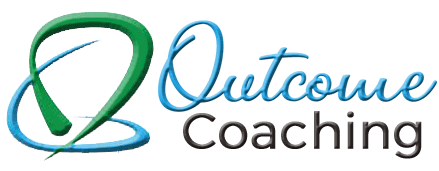In Conscious Business, Fred Kofman writes about unconditional response-ability which he defines as our ability to respond to a situation by choice rather than because of external circumstances or instinct. Being conscious of our response to situations can lead to self-empowerment, by allowing us to focus on what we can influence vs. what is out of our control. How have you or are you currently choosing to play the cards you’ve been dealt? How you play your hand will be influenced by whether you are in a victim or a player mindset. A victim’s mentality is one of defensiveness and choicelessness. It’s the thinking, “This happened to me.” A victim will focus on factors that they can’t influence and they see themselves at the mercy of external circumstances and blaming circumstances or others. The opposite to this is a “player” mentality which is about taking responsibility. The focus is on what we can influence. We always have a choice in how we respond. A player gains self-esteem through doing their personal best. Problems are not blamed on others, but instead focus on self as an important contributor, leading to problem-solving when things don’t go well. To summarise, the way in which we think and the choice we make in how we respond creates a different impact and this is within our influence.
We can all fall into the victim mindset because it can feel easier and better in the moment, but in the long term, this can get in the way of effective problem-solving and living with integrity. I leave you with some questions to reflect upon:
- Think about an example of a victim mentality in one of your direct reports. How will you help that person navigate from victim to player?
- When has being a victim come up for you and how could you reframe that mindset to a player?
To learn more about response, responsibility, and the player contact Nita at Outcome Coaching and schedule a conversation.


